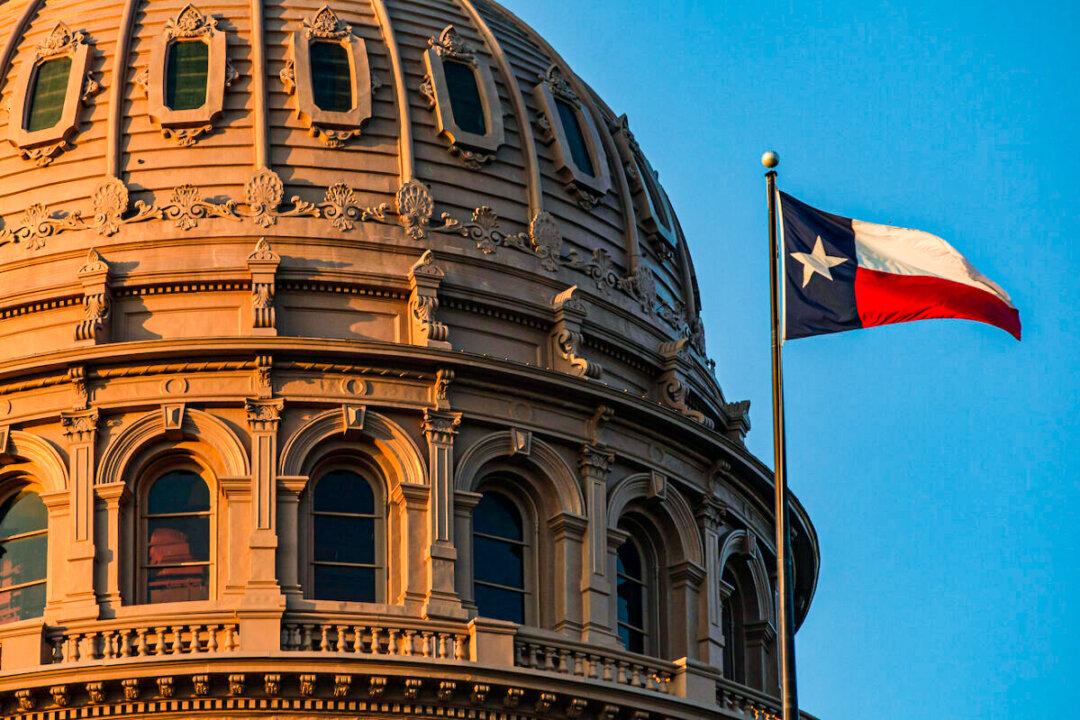Texas Senate lawmakers passed a bill on May 16 designed to take some authority away from cities and counties in the state that impose regulations exceeding state law.
House Bill 2127, known as the “Texas Regulatory Consistency Act” is sponsored by state Sen. Brandon Creighton and state Rep. Dustin Burrows, both Republicans.




